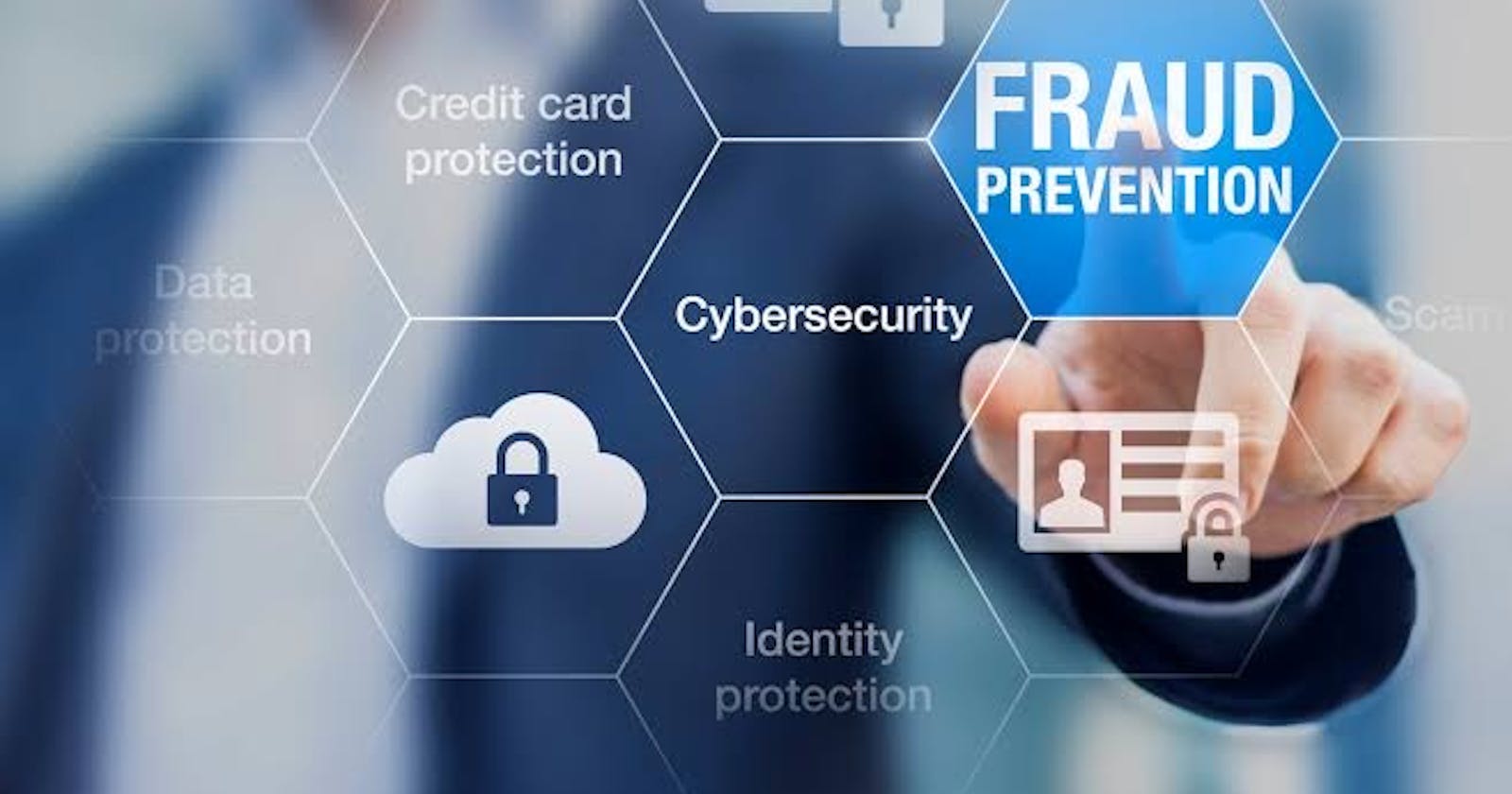Everyone is familiar with the word ‘’Fraud” because it has become our sad reality. The number and techniques of fraud increases everyday. In a world as cruel as ours, it is either you’ve been a victim or knows someone who has been a victim of fraud.
Fraud is a deliberate act with an intention of obtaining an unauthorized benefit, either for oneself or others, using deceptive or false suggestions or other unethical means which are believed by others. It occurs when a person or organization is deprived of a benefit to which he/she/it is entitled to.
The sad part of this is that there will always be fraud. New methods are emerging every minute, that you haven’t experienced yet is not a guarantee that you’d be free tomorrow. Not like I’m trying to scare, but to create awareness.
• People affected by fraud have suffered from social problems such as loss of reputation, feelings of vulnerability, isolation and exposure. Fraud can impact on a victim’s mental health, resulting in anxiety, depression and suicide amongst others.
Common examples are embezzlement, forgery of documents, manipulation of files, fraudulent financial reporting, etc.
Financial Fraud
Financial fraud occurs when someone takes money or other assets from you through deception or criminal activity. In finance, fraud can be in the form of the following: cooking the books, pump and dump schemes, false insurance claims, ponzu schemes, etc.
Types Of Financial Frauds
- Identity theft
- Credit and debit card fraud
- Mortgage scams
- Fake charities and lotteries
- Debt collection fraud
- COVID-19 scams— the newest form of fraud designed to take advantage of people’s fear and financial vulnerability.
“Scammers are constantly finding new ways to steal your money, protect yourself by knowing what to look out for “— CFPB
Prevention: What you should do
- Always research company name and contact ( do not pay until you have investigated the source)
- Don’t give personal information over phone or email.
- Contact your bank at a known number.
- Cancel/block every stolen(misplaced) cards immediately.
- Walk away from high pressure or “too good to be true “ transactions.
- Don’t sign any paperwork you do not fully understand.
- Ask for and check the license of anyone with whom you want to do business.
- Check your accounts regularly and report unusual activity to your bank.
Technology In Financial Fraud Prevention
David Steward said “Frausters are getting more sophisticated with their tactics, we’re getting more sophisticated at fighting back “
The key to catching fraudulent activities before real damage is done is having systems in place to ferret out anomalies and reporting suspicious actions early.
With the current advancement in technology, using Automatic monitoring, Artificial Intelligence, and Anomaly Detection Protocols, the following are feasible:
Application of Machine Learning algorithms to indicate anything that doesn’t fit the observed norm and data targets.
Unsupervised Machine Learning uncovers suspicious risks one might not think to look out for.
Adopt a more agile “know your customers “ process by fortifying digital devices authentication processes.
Use of Artificial Intelligence to streamline investigations including alerts prioritization, investigative processes and dashboards.
Avert phishing attacks by building firewalls in emails and text servers using AI.
Balance sheets and Tax statement Analysers for firms with the help of Automated Tool.
Leverage Digital Footprints data during customer screening using data mining, analysis and machine learning.
Use of Machine Learning algorithm to examine masses of data to help establish rules and keep them current.
Using Robotic process Automation to automate searches and queries of third party data.
Always remember that your financial security begins with you. Be proactive.

